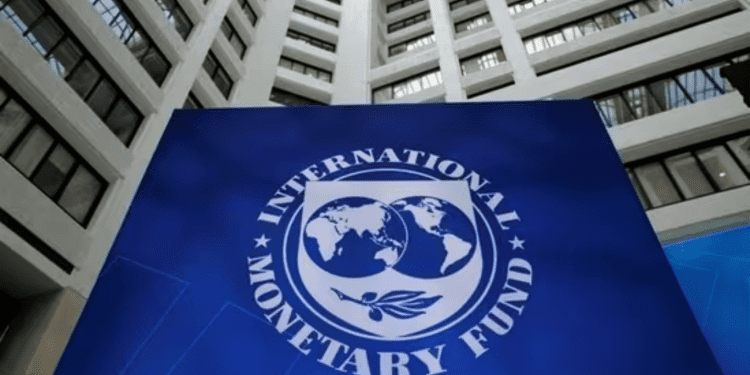According to Department of Economic Affairs Secretary Ajay Seth, cryptocurrency holdings are not illegal in the country.
- India has released information about its ongoing efforts to regulate cryptocurrencies.
- Despite the Indian central bank’s repeated requests for such a ban, the government has chosen not to outright ban cryptocurrencies instead of enacting heavy levies.
India’s Crypto Regulatory Framework
Since taking the G-20 leadership, India has never openly provided details regarding ongoing measures to regulate cryptocurrencies. According to Ajay Seth, secretary of the Department of Economic Affairs, “the IMF is working with India to put up a study that would be focused on aspects of the monetary policy and the policy approach to crypto assets.”
Seth further said, “In January, the IMF organized a conference with representatives of developing economies to discuss the document. The IMF is again preparing the finalized report that will serve as the basis for the seminar, which will last 135 minutes and take place during a G-20 meeting later this month.”
Shaping Crypto’s Future
On December 1, India was tasked with setting the agenda for the Group of 20, an international organization made up of the 20 largest economies in the world, including the European Union. Before taking office, India’s finance minister, Nirmala Sitharaman, declared that regulating digital currency would be a top priority.
Sitharaman said, “We are also looking at a worldwide SOP (Standard Operating Procedure) to be accessible to be agreed upon for regulating crypto assets” at the G-20 Finance Ministers and Central Bank Governors conference later this month.
The remainder of the assets, which are being created outside and utilizing extremely beneficial financial technology, will have to be discussed, Sitharaman stated, while admitting the central bank as the authority for creating cryptocurrencies. “Because technology does not group borders, regulation cannot be made by any country alone; it requires a collective approach.
India’s Stance on Crypto
The Indian central bank’s stance that it should be illegal to use cryptocurrency hasn’t altered in the interim. The government’s finance ministry has stated that international cooperation is necessary for a regulatory framework for cryptocurrencies. Individual crypto law will only be successful in a jurisdiction with that coordination.
Another individual familiar with both the government’s and the central bank’s ways of thinking stated that “the finance ministry and government have to think about the political economy while the central bank looks at the economy.” Both parties desire to prevent what they see as the systemic risk of a parallel economy—one that operates independently of the government and that cryptocurrency will promote.
This is why the government has refrained from outright banning cryptocurrencies in favor of imposing high taxes, despite the Indian central bank’s repeated calls for such a ban. In India, the ruling class has changed its perspective on cryptocurrencies. Opposition leaders have publicly criticized the government for enacting high taxes. But in private, the government has blamed the cryptocurrency industry for not doing enough to reduce the risks connected to the sector, such as terrorism financing, as part of a parliamentary committee on finance entrusted with protecting India’s investors.
“A person of influence’s position on cryptocurrencies relies on where they sit. There is nothing that makes cryptocurrency illegal as long as you follow the legal process,” according to a minister in charge of entrepreneurship, skill development, electronics, and information technology. Due to India’s lack of a well-defined legal framework for cryptocurrency, it is unclear precisely what he means when he says that.
Future Roadmap
Seth explained that because cryptocurrency is an asset class that can be traded globally and, as a result, “it requires all countries” to accept the policy, the plan for India’s next steps in establishing global crypto policy is to take the consensus reached by the G-20 and move the IMF paper forward to the Financial Stability Board’s working group on crypto assets before bringing “all countries” together.














